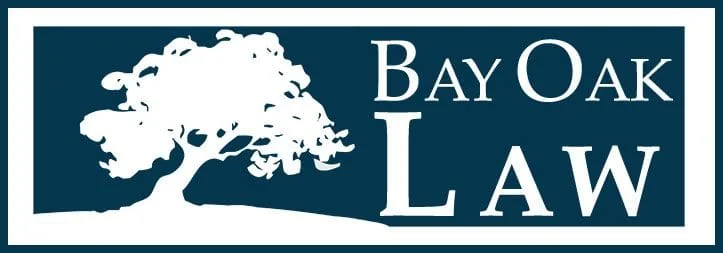- posted: Dec. 22, 2011
- Uncategorized
By Kim Kennedy

The Stop Online Piracy Act (“SOPA”) is a bill that Rep. Lamar Smith of Texas introduced in the United States House of Representatives in October, 2011. The bill is intended to help law enforcement agencies in the United States fight the distribution and sale of copyrighted intellectual property, like music, movies, and software and also of counterfeit goods. While that sounds good, the negative side effects of these expanded government powers far outweigh any good that might come of the bill’s passage.
SOPA would allow the US Department of Justice (“DOJ”) to obtain court orders against any website, whether domestic or foreign-based, if that website is accused of enabling, or facilitating copyright infringement. The DOJ then would have several tools to take action against that website, such as requiring advertisers like Google and payment services like Paypal to cease doing business with the site, or even requiring Internet Service Providers (“ISPs”) to block internet users in the United States from being able to access that site. Additionally, the bill would make unauthorized streaming of copyrighted content a felony.
How would this work? Well, if a copyright holder decides a website is infringing or harming their intellectual property rights in some way, they can send a notice to the services and advertisers that site relies on, such as Google, Visa, Paypal, etc. The services have 5 days to cut off that website or they risk being held liable as well. The website has only 5 days to file an appeal, which might be difficult given the complex legal questions inherent in web content and also because their revenue stream has been cut off. This applies to the entire website, not just the infringing page or pages. Keep in mind that no judge or jury has found the website guilty of anything. In fact, no charges have even been filed in a court of law. Service providers and advertisers would be forced to become the judge and jury, with the threat of liability themselves if a court disagrees with their conclusion.
SOPA is not the first or only tool the judicial system has to deal with online piracy. The Digital Millenium Copyright Act (“DMCA”) was passed in 1998 by a unanimous vote in the senate, and brought the US in line with the World Intellectual Property Organization, (“WIPO”) which is an international body tasked with developing international intellectual property laws and standards. It also provides immunity to ISPs who comply with court-ordered subpoenas for their user’s identity, and for complying with court-ordered takedown notices for infringing work.
The House Judiciary Committee will continue its debate on SOPA when Congress returns form its winter recess. Opponents of the bill including Google, Yahoo!, Facebook, Twitter, AOL, LinkedIn, eBay, Mozilla, Tumblr, the Brookings Institute, the Wikimedia Foundation, The Library Copyright Alliance (including the American Library Association) and human rights organizations such as Reporters Without Borders, the Electronic Frontier Foundation, the ACLU, and Human Rights Watch have already spoken out against it.
Want to get involved? Here is a good website to get more information on the bill, and how you can make your voice heard: http://americancensorship.org/.
Kim Kennedy is a paralegal with Bay Oak Law in Oakland, CA.



